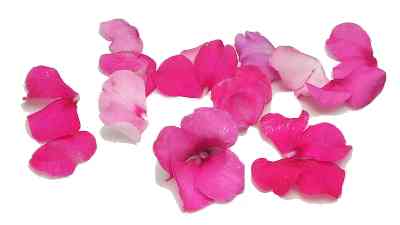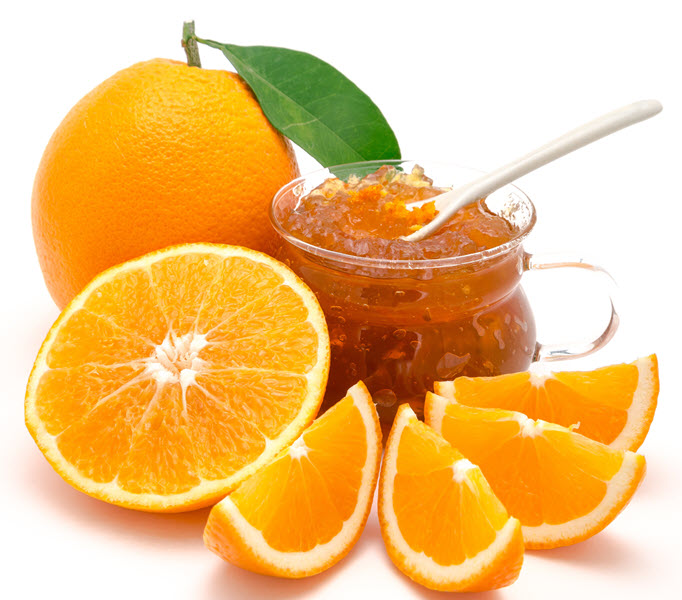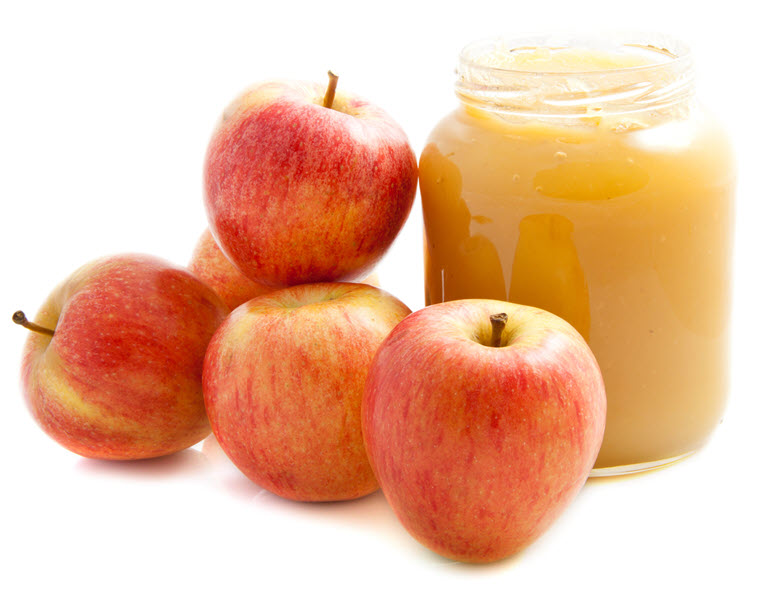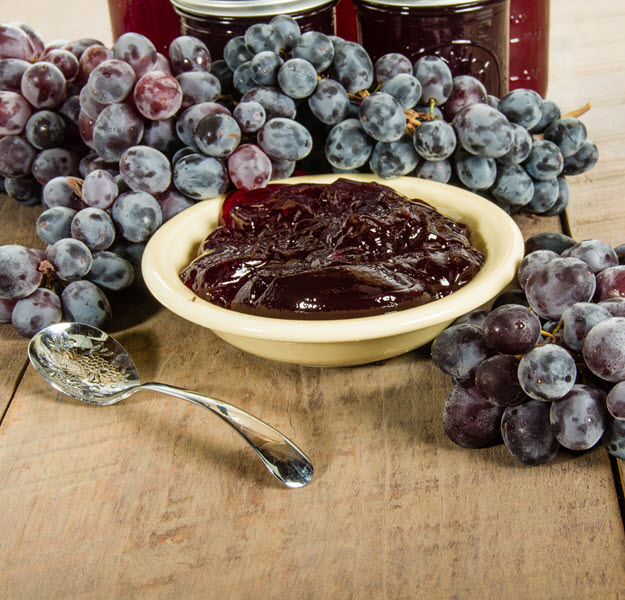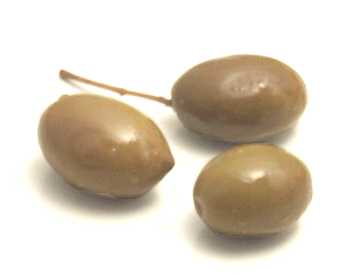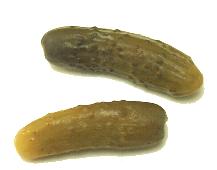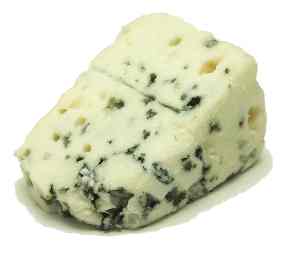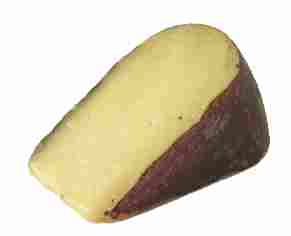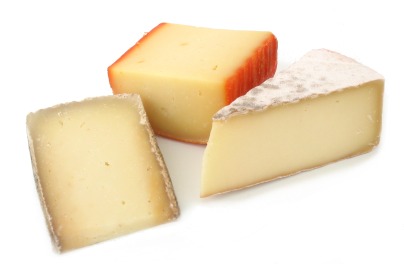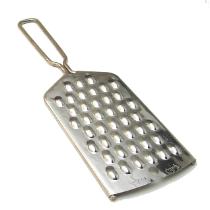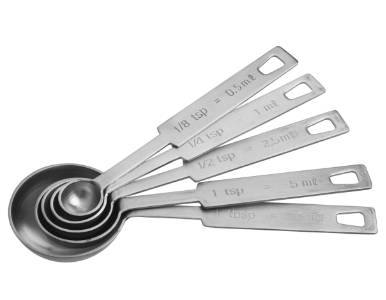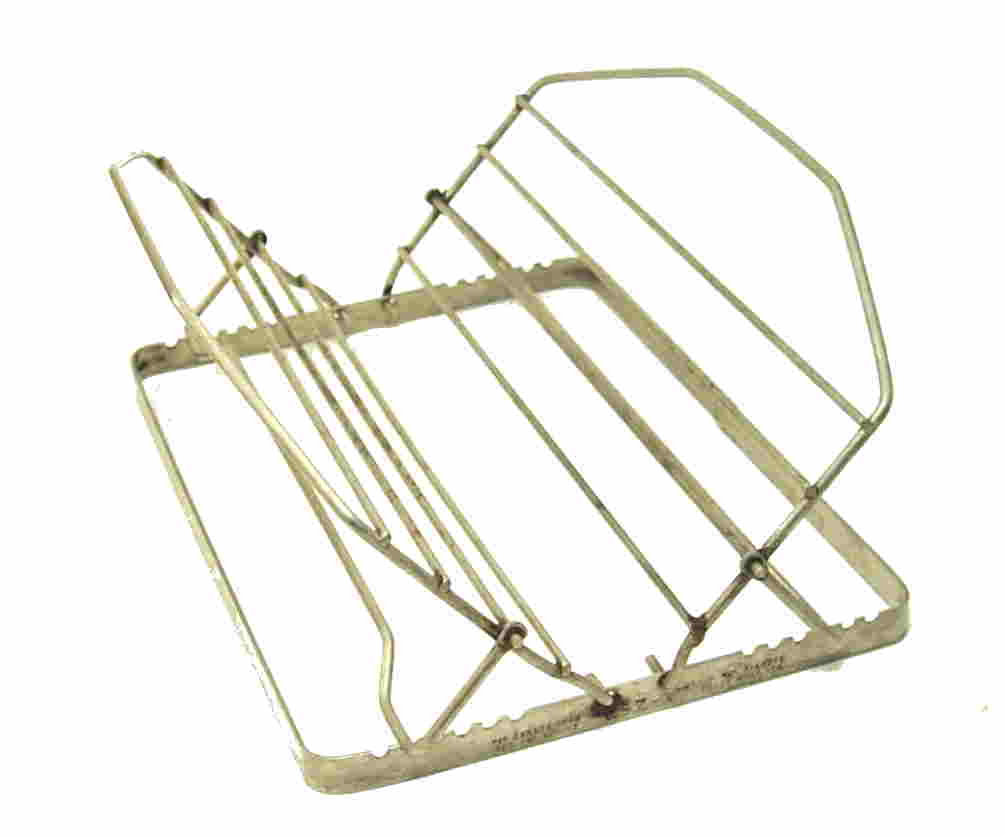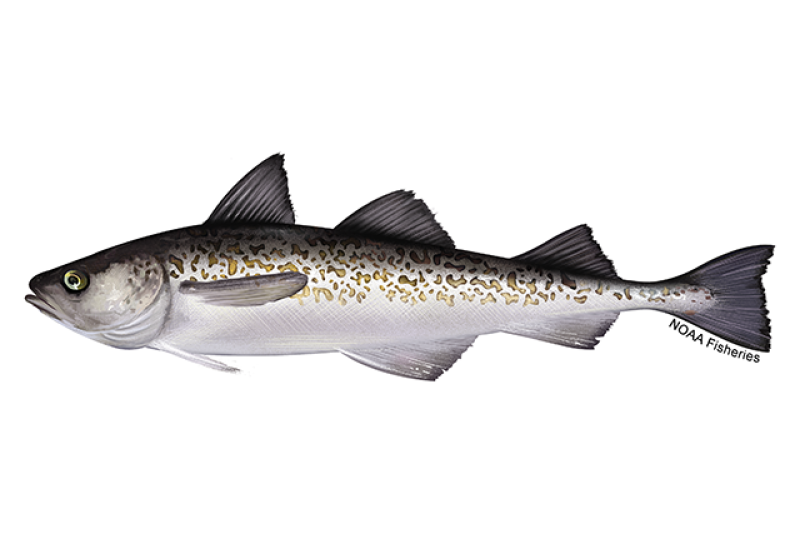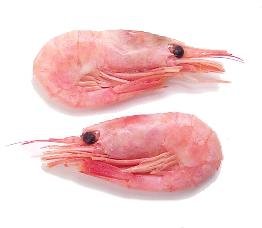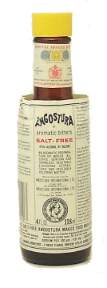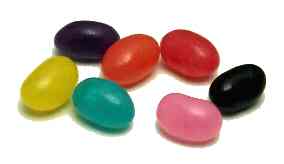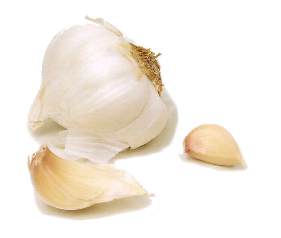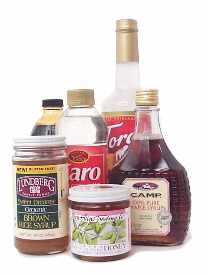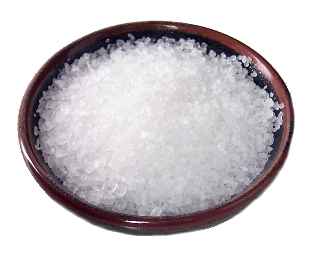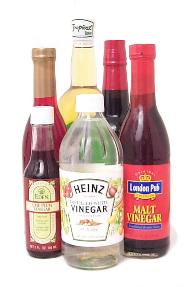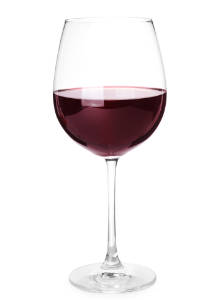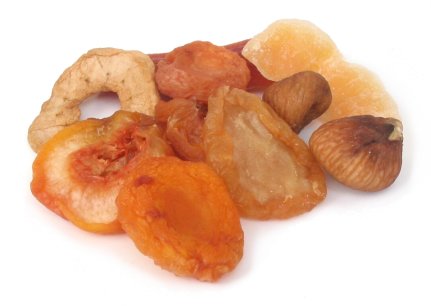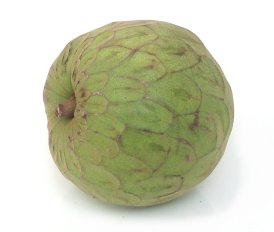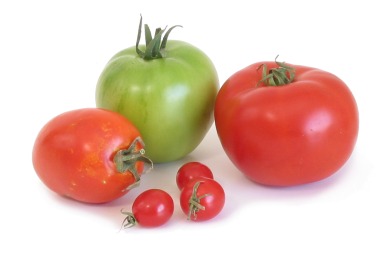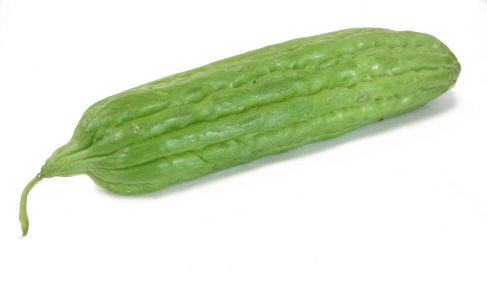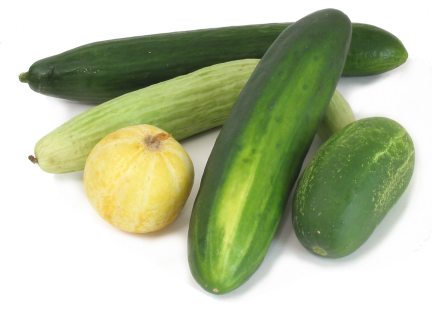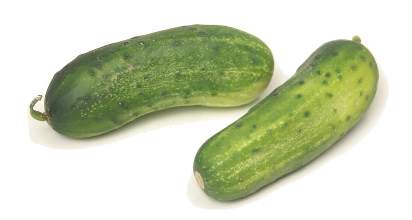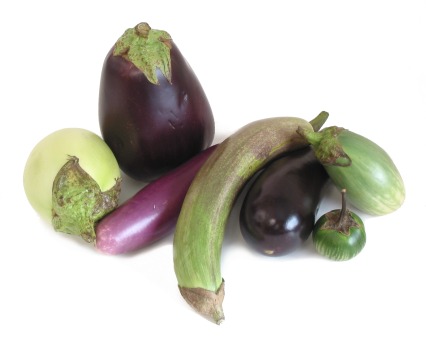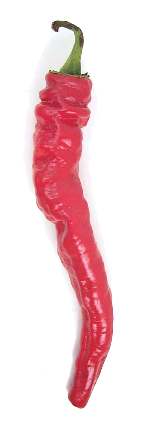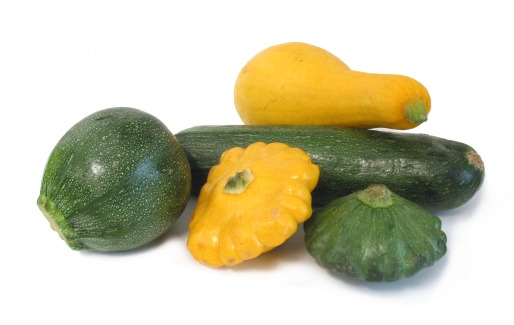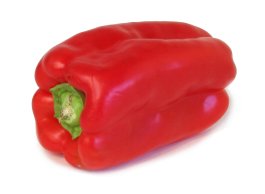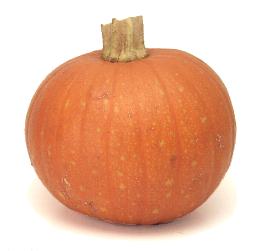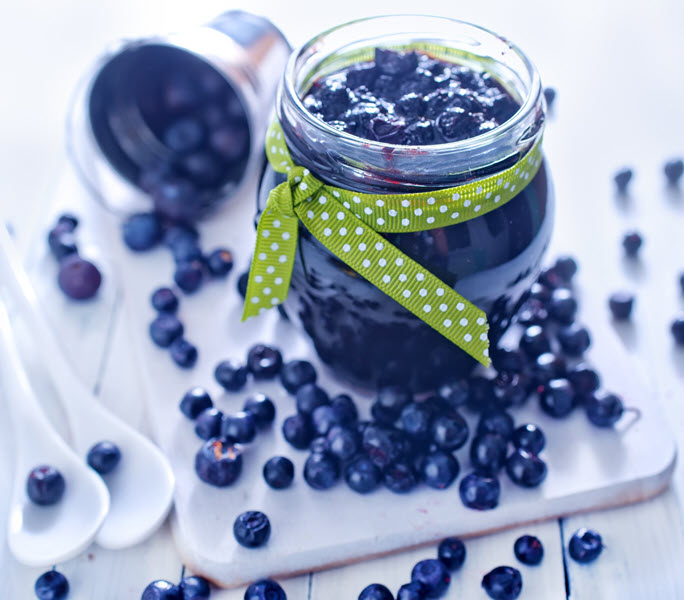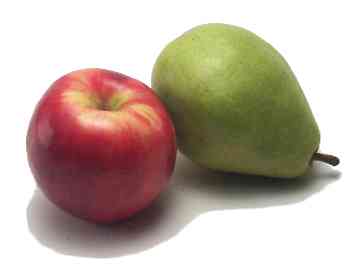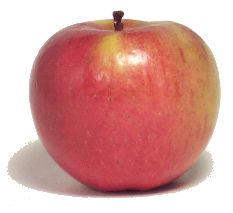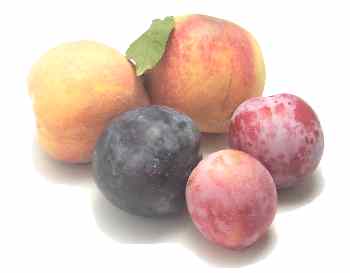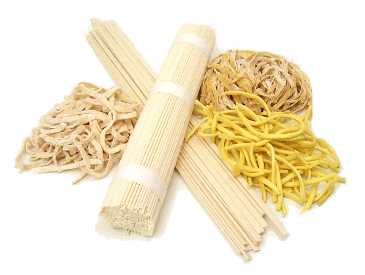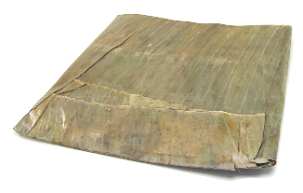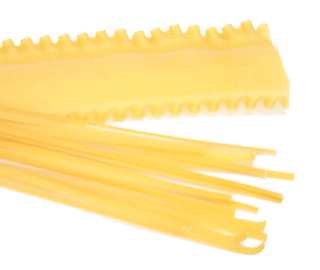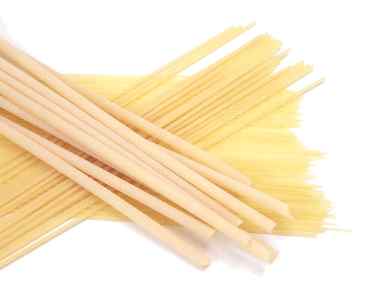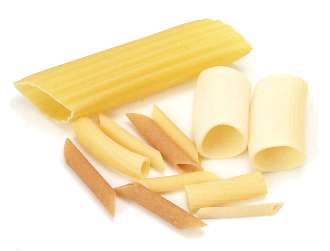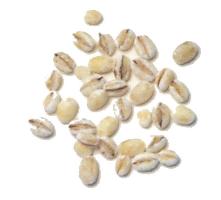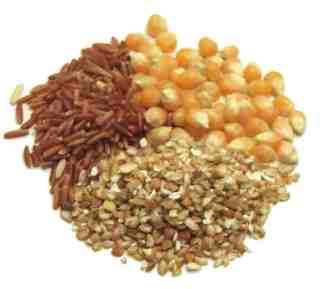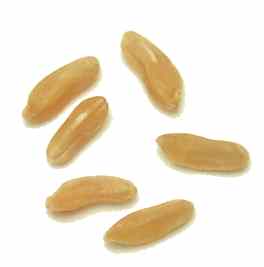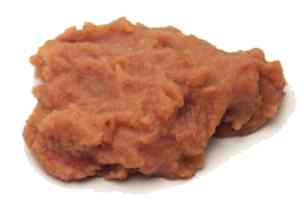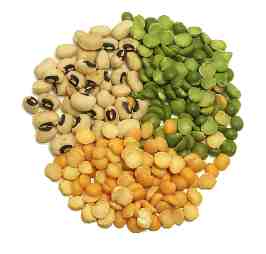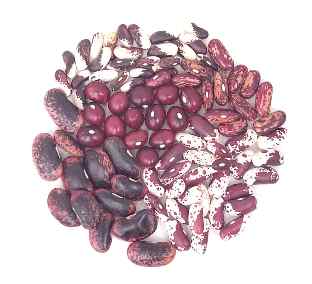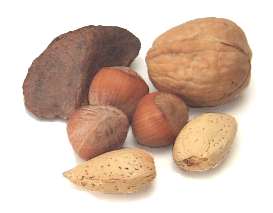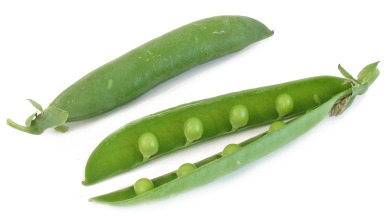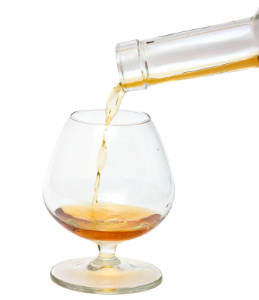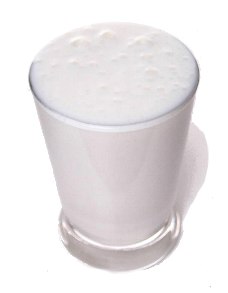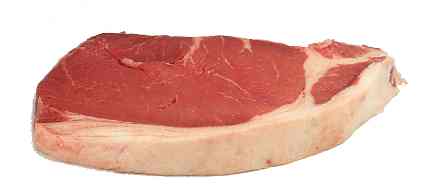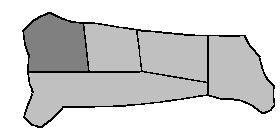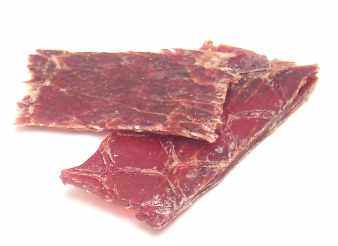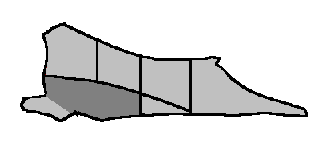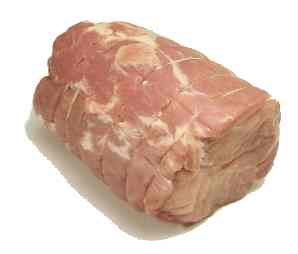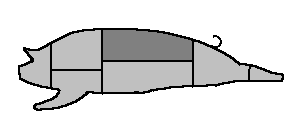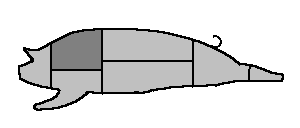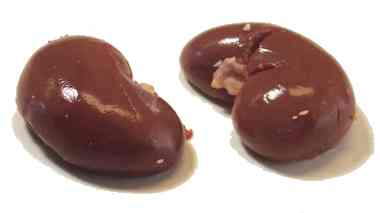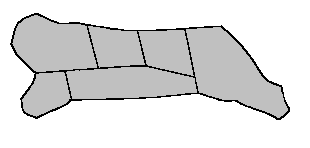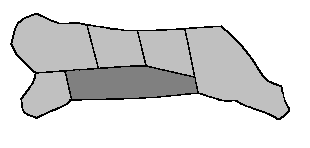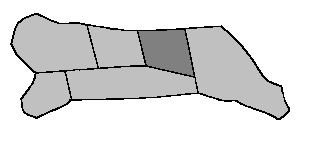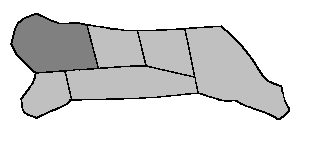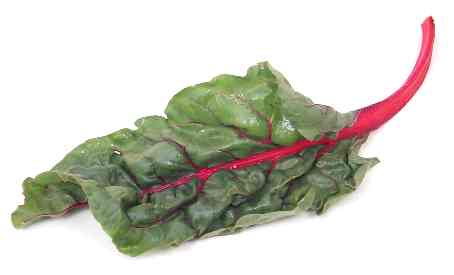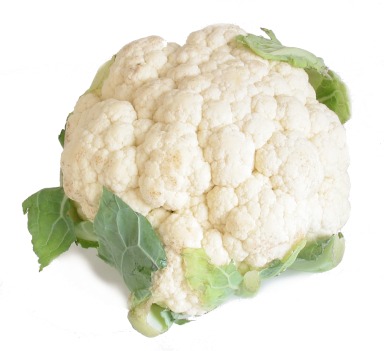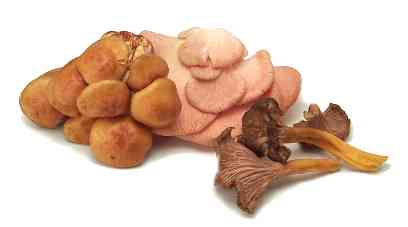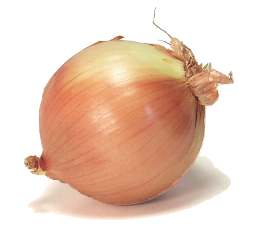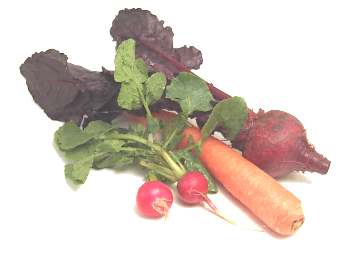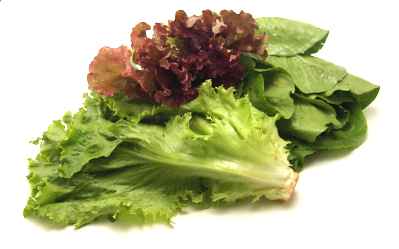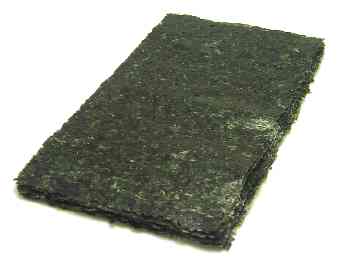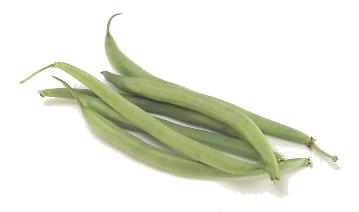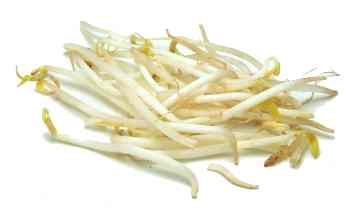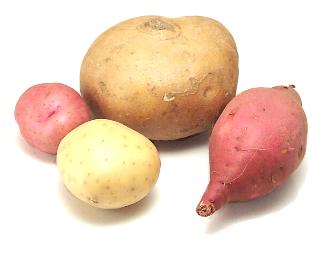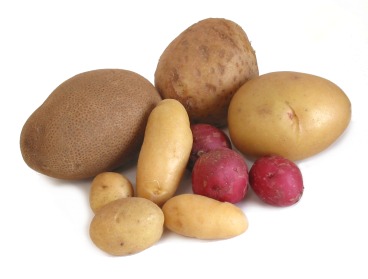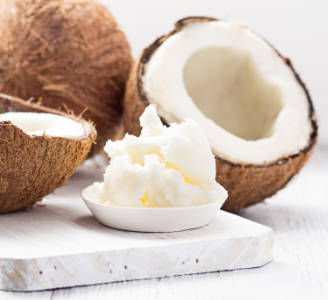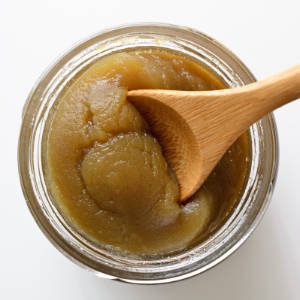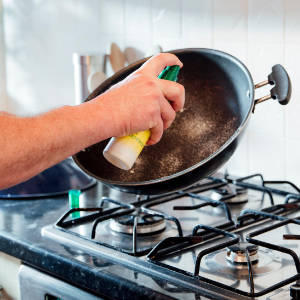All Ingredients
coco de Paimpol
The French use coco de Paimpol beans for their cassoulets. These white beans are originally from South America.
Learn morecocoa
Cocoa is similar to unsweetened chocolate, only it's in powdered form and has less cocoa butter. Cooks like it because it allows them to make low-fat goodies, or to use fats other than cocoa butter. Cocoa's also used to dust candies and cakes. Dutched cocoa = Dutch process cocoa = European process cocoa is treated with an alkali, making it milder yet richer-tasting. It's the preferred cocoa for beverages and frozen desserts, and for dusting baked goods. Recipes for baked goods usually intend for you to use natural cocoa = American cocoa = regular cocoa = nonalkalized cocoa, which is more acidic than Dutched cocoa. You can often substitute one type of cocoa for the other, but if the recipe includes baking soda, it may be counting on the acid in natural cocoa in order to react. Don't confuse cocoa powder, which is bitter, with instant cocoa mixes, which are sweetened.
Learn morecocoa butter
Pastry chefs add this to chocolate to thin it, usually so that they can pour a thinner coating on a cake.
Learn morecoconut
The most common form of coconut in markets is the dry coconut, with a hard brown shell surrounding firm coconut meat with liquid in the center. Green coconuts = water coconuts are young coconuts with very soft meat inside. They're more often found in the tropics. Select coconuts that are free of cracks or mold, that are heavy for their size, and that have lots of water in them when you shake them. To crack one, hit it along its equator with a blunt instrument, pouring off the water when the first crack appears.
Learn morecoconut egg jam
Southeast Asians spread this exquisite jam on toast, but it would also be great on ice cream. Look for small cans of it in Asian markets. Visit the Coconut Egg Jam recipe page, or the Kaya, Traditional Coconut Jam page.
Learn morecoconut milk
This is available in liquid form (in cans or aseptic containers), frozen, and as a powder. Don't confuse coconut milk with coconut water, which is the liquid found in the center of a fresh coconut, or with the sweetened cream of coconut powder used in mixed drinks. Varieties: Light (or "lite") coconut milk has less fat and about a quarter of the calories of the regular version, but doesn't taste nearly as rich. You can reduce the fat (and calories) in a can of regular coconut milk by letting it settle, and then skimming and discarding some of the thick coconut cream off the top. Lighten what's left even more by diluting it with water or chicken broth. Where to find it: Asian foods section of many supermarkets.
Learn morecoconut rum
This is white rum flavored with coconut. Malibu Rum and CocoRibe are well-known brands.
Learn morecoconut syrup
Hawaiians like to pour this syrup on pancakes, but it's also used in several mixed drinks. To make your own: See the recipe for coconut syrup posted on kitchenmixes.com.
Learn morecoconut vinegar
This is a somewhat harsh and potent vinegar that's common in the Philippines, Southeast Asia, and southern India.
Learn morecod
This includes cod cheeks, which are good and inexpensive, cod tongues, cod sounds, which are the cod's air bladders, and scrod = schrod, which are young cod. See also salt cod.
Learn morecod roe
Scandinavian markets sell this in tubes, so that it can be extruded onto crackers and such for hors d'oeuvres. It's relatively inexpensive, but very salty.
Learn morecoffee liqueurs
Coffee-flavored liqueurs are used to make Black and White Russians and other mixed drinks. Popular brands include Mexico's Kahlúa and the rum-based Tía Maria from Jamaica. See the (Substitute for) Kahlua recipe posting on SOAR, or the Tia Maria recipe posted by Bar-None.
Learn morecognac
The very best cognacs are labeled VVSOP, Napoleon, Vieille Reserve, Grand Reserve, Royal, or Vieux. Next in the rankings are cognacs labeled Extra Old (XO), Extra, or Hors D'Age. After that comes VSOP (Very Superior Old Pale), Reserve, or VO. Next come cognacs with VS or *** on their labels. Connoisseurs also check for the cru, or place where the cognac was made. The best crus are Grande Champagne and Petite Champagne.
Learn moreCointreau
This is an orange liqueur that’s not as well regarded as Grand Marnier, but considered a step above curaçao and triple sec.
Learn morecolander
Cooks use these to wash foods or to drain noodles or vegetables after boiling. Large metal ones are best.
Learn morecold cuts
These are precooked sausages or meat loaves that are usually served cold in sandwiches or on party trays. You can buy them already sliced in vacuum packs, or have them sliced to order at a deli counter. Most cold cuts are high in fat and sodium.
Learn morecollard greens
This is a favorite of Southern cooks, who often cook them with salt pork or smoked ham hocks. Frozen collards are an acceptable substitute for fresh.
Learn morecomb honey
Comb honey is honey that's sold in the (edible) wax comb just as the bees left it. It contains chunks of honeycomb.
Learn moreComice pear
These juicy pears are considered to be the best for eating out of hand, but they're very expensive.
Learn morecompound chocolate coating
This is an inexpensive chocolate that's melted and used for dipping and molding. Since it's made with vegetable oils instead of cocoa butter, it's much easier to work with than ordinary chocolate. It also melts at a higher temperature, so it doesn't get all over your hands when you eat it. The downside is that it doesn't have the rich taste and texture of regular chocolate. Though it's considered to be a beginner's chocolate, it's still a bit fussy. It can scorch if you cook it at too high a temperature, or seize if you add even a drop of cold liquid to it after it's melted.
Learn moreComte
This excellent French cow's milk cheese dates from the time of Charlemagne. It has a mildly sweet, nutty flavor, much like Gruyère. It's a very good melting cheese.
Learn moreconch
This is popular in Florida and the Caribbean. In other regions, your best bet is to look in Asian or Italian markets.
Learn moreconchiglie
This Italian pasta resembles conch shells. It's often served with tomato or meat sauces, or in pasta salads. A smaller version for soups is called conchigliette, while larger, stuffable shells are called conchiglioni.
Learn moreconchigliette
This is a tiny version of a classic Italian pasta shape: the conchiglie or conch shell. Conchigliette is most often used as a soup pasta.
Learn moreconchiglioni
Pasta shaped like conch shells come in various sizes; this is the largest. It's often stuffed and baked.
Learn moreConcord grapes
These dark purple grapes have large seeds. They are tangy and sweet. It is often used to make grape jelly.
Learn moreconverted rice
This is a good compromise between nutritious brown rice and tender, fast-cooking white rice. Converted rice is steamed before it's husked, a process that causes the grains to absorb many of the nutrients from the husk. When cooked, the grains are more nutritious, firmer, and less clingy than white rice grains. Uncle Ben's is a well-known brand.
Learn morecooking wine
You should never cook with a wine you wouldn't drink, but some "cooking wines" sold at stores violate this maxim. Avoid them and instead cook with inexpensive, but drinkable, table wines. Avoid putting wine in aluminum or iron pans for prolonged periods.
Learn more









